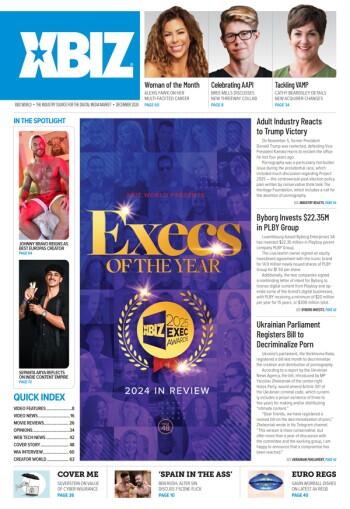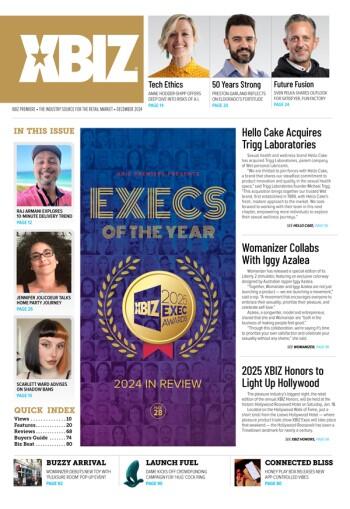Taking a vacation as a content creator can seem like a daunting task. The constant need to produce content and stay engaged with your audience may make it feel impossible to step away. However, with proper planning and preparation, you can enjoy a well-deserved break without compromising your online presence. Here are some tips to help make that happen.
Planning Ahead
Before you leave, create a detailed content calendar outlining all the posts, videos and updates you need to have published while you’re away.
The first step to ensuring a smooth vacation is to plan ahead. Before you leave, create a detailed content calendar outlining all the posts, videos and updates you need to have published while you’re away. Planning at least a month in advance gives you ample time to produce and schedule content.
Batch-creating content can be a lifesaver. Dedicate a few days to creating and editing enough content to cover the duration of your vacation. This method is efficient and ensures you have a backlog of content ready to be published.
Utilize scheduling tools like Hootsuite, Buffer and Later to automate your content publishing across various social media platforms. For blogs and websites, tools like WordPress have built-in scheduling features. Scheduling ensures your content goes live at the right time without requiring your presence.
Communicate With Your Audience
As a general rule, creators should not give out specific details to fans about where and when they’re vacationing, for safety reasons. However, you can always inform your audience about your upcoming break in advance, revealing only that you’re stepping away to unwind and letting them know what to expect during this period. This helps manage their expectations and prevents any potential drop in engagement.
In addition to prescheduled content, you can choose to post selfies or short clips while you’re away, or you can completely disconnect. Do what you need to do for you! Before you leave, however, ramp up your engagement. Respond to comments, messages and emails more frequently to bolster a sense of connection. This will help maintain goodwill and keep your audience loyal even while you’re away.
Utilize Automation and Delegation
Leverage automation tools to handle routine tasks. Chatbots can manage common inquiries on your social media platforms, so your audience feels attended to. Some fans may notice and complain, but you can include an automated response saying something like “Yes, this is a chatbot. Because I’m on VACATION!” That way, nobody feels like you’re trying to “trick” them.
If you have the resources or support to do so, delegating tasks to an assistant or small team can also help ensure that everything runs smoothly in your absence. For instance, you can assign someone to oversee the publication of scheduled content and handle any unexpected issues. Make sure they understand the content calendar and the tools being used. Or designate a team member or assistant to monitor and respond to comments, messages and emails, providing them with guidelines on how to handle common inquiries and escalate urgent issues. Assign someone to monitor social media platforms for any mentions or urgent matters, keeping you informed of anything significant that may require your attention.
Back Up and Secure Your Work
Ensure all your content, files and important data are backed up using cloud storage services like Google Drive, Dropbox or iCloud. Having a secure backup will prevent data loss due to technical issues while you’re away. Update your passwords and enable two-factor authentication on all your accounts, adding an extra layer of security and protecting your accounts from unauthorized access. Share access with trusted team members only and use password managers to keep track of login credentials.
Prepare an emergency contact list and include key collaborators, platform support and any other essential services. Be sure your team or assistant knows how to handle emergencies and what situations merit contacting you.
Enjoy Your Vacation!
If you really want to recharge, commit to disconnecting from work during your vacation. This means no checking emails, social media or analytics. Trust that your preparation and planning will keep things running smoothly. Fully disconnecting will help you feel more energized and creative upon your return. Set clear boundaries with your audience about your availability and inform your team of emergency protocols, making it clear that you will not be available for routine matters. Setting boundaries ensures you can relax without interruptions.
Return and Reengage
Upon your return, ease back into your routine. Take time to catch up on what you missed and respond to any time-sensitive messages or inquiries. Avoid overwhelming yourself by tackling everything at once. Review the performance of your content during your absence. Analyze engagement metrics, audience feedback and any issues that may have arisen. Use this data to improve your planning and preparation for future vacations.
On the fan front, share your vacation experience with your audience. Whether through a blog post, video or social media update, letting your audience know how you spent your time can strengthen your connection with them. It also shows them the importance of taking breaks and maintaining a healthy work-life balance.
Taking a vacation as a content creator requires careful planning and preparation, but it is essential for maintaining your well-being and creativity. By creating a content calendar, batch creating and scheduling posts, utilizing automation and delegation, communicating with your audience, securing your work and fully disconnecting during your break, you can ensure your online presence remains active and engaging while freeing yourself up to get the break you need. Remember, taking time off is not only beneficial for you but also for your content and your audience. Happy vacationing!
Megan Stokes is co-founder of NMG Management, specializing in content distribution and management. As a veteran of the adult industry, she enjoys sharing the knowledge and data she has collected over time with those who seek her help.









